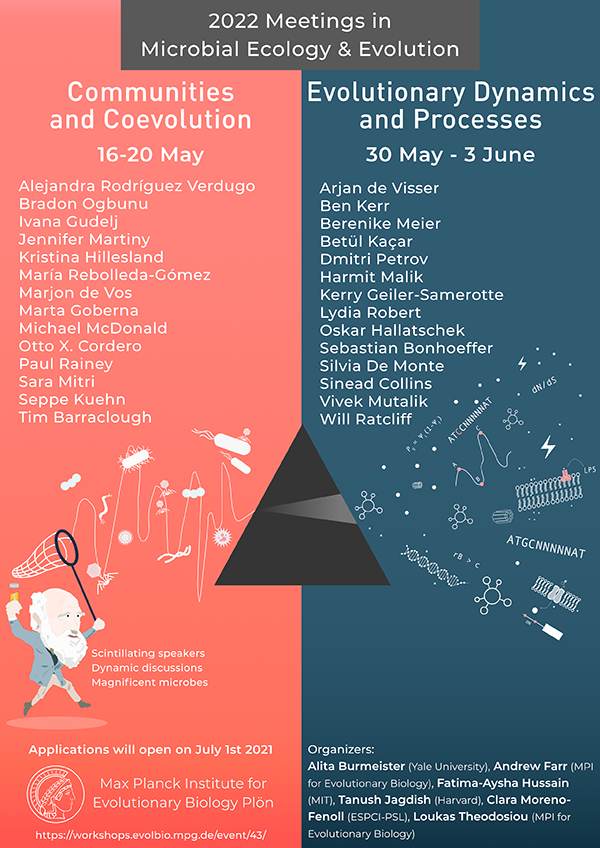Speaker
Description
Organisms and their resident microbial communities form a complex and mostly stable ecosystem. Of particular relevance are the factors that shape the stability and resilience of such communities, despite different fitness trajectories of the microbiome members. Our work addresses microbial interactions within the microbiome of the simple metaorganism, Hydra. Firstly, we ask whether the interaction between the two most dominant symbionts always leads to a stable co-existence or whether this depends on the association with their host. In a second study we include Hydra’s entire microbial community, where we apply niche theory and focus on the microbial interactions and metabolic fluxes between the different microbiome members. We seek to understand the microbiome as an ecosystem at the mechanistic level and provide strategies towards manipulating ecological processes within microbial communities. Lastly, we introduce an approach on how to increase microbiome community function through artificial selection. We propose that such artificially selected communities could be used to address challenges of our time, for example the biodegradation of plastics.

